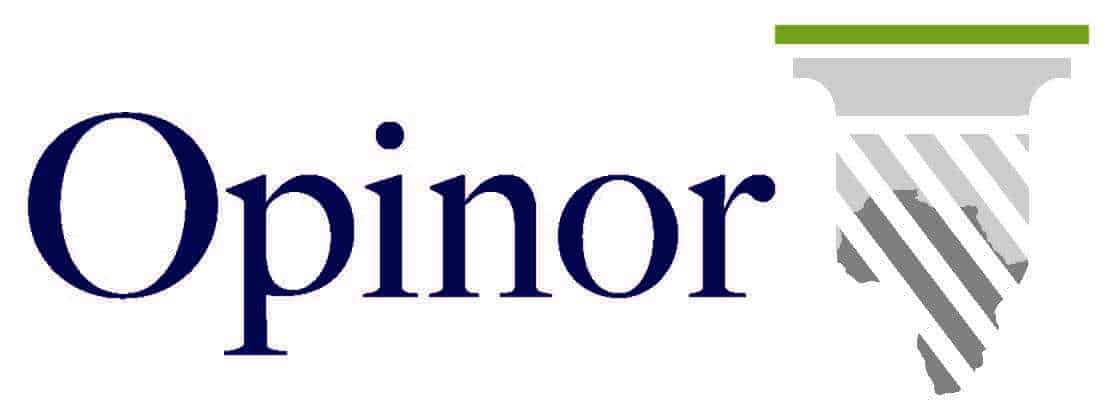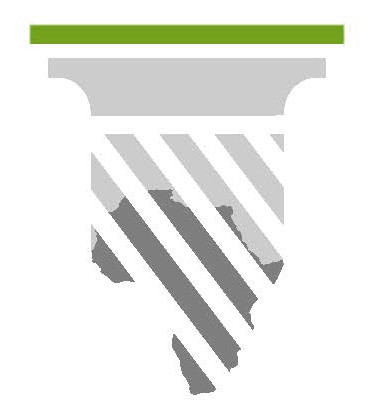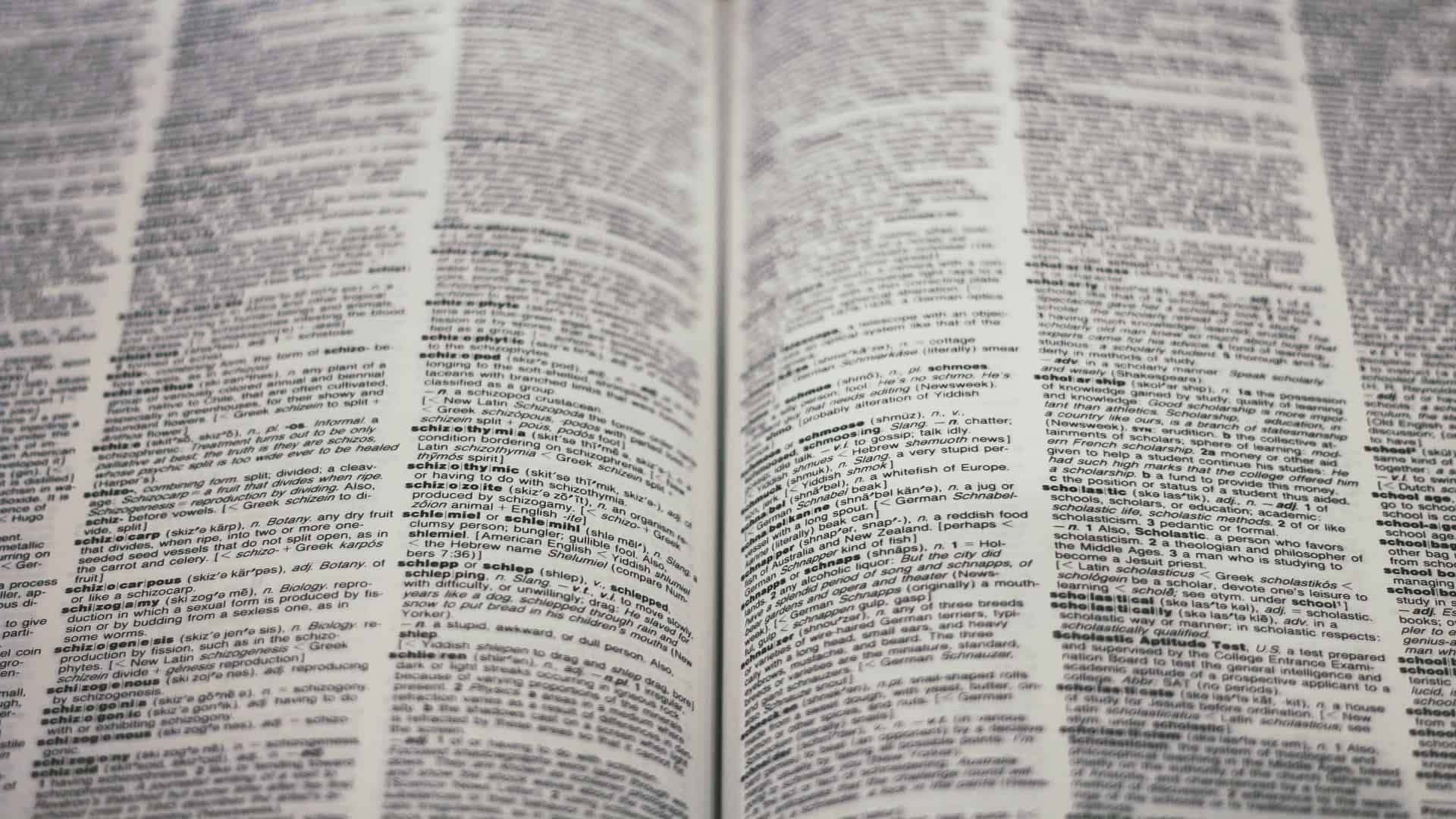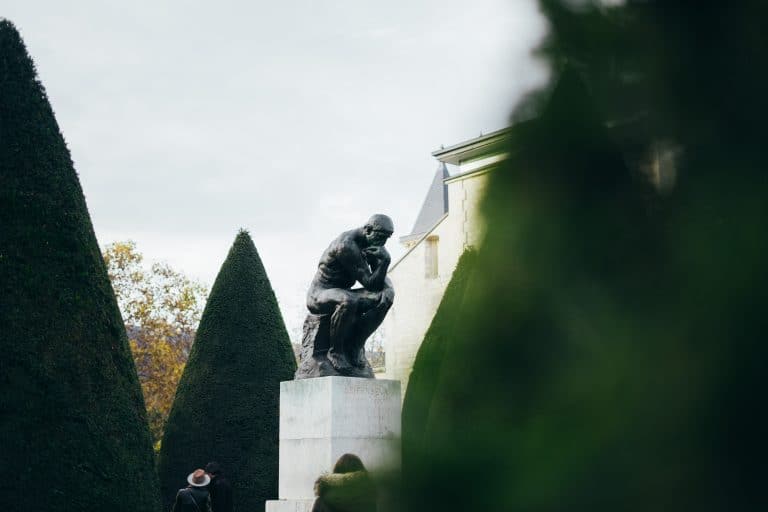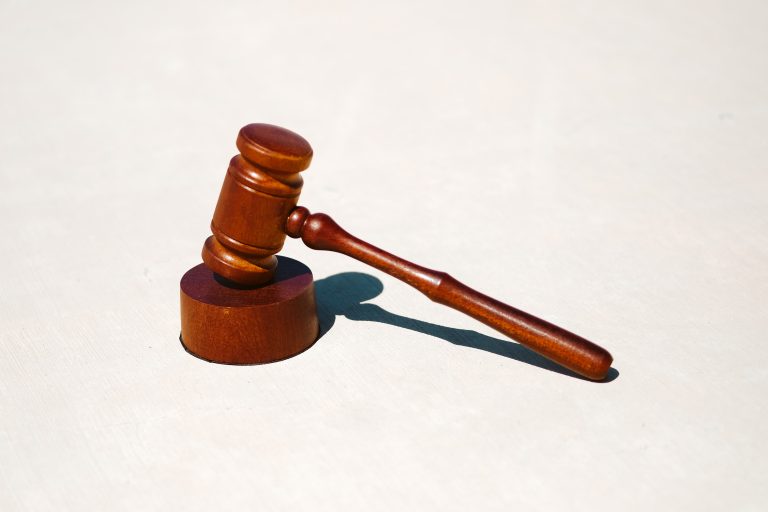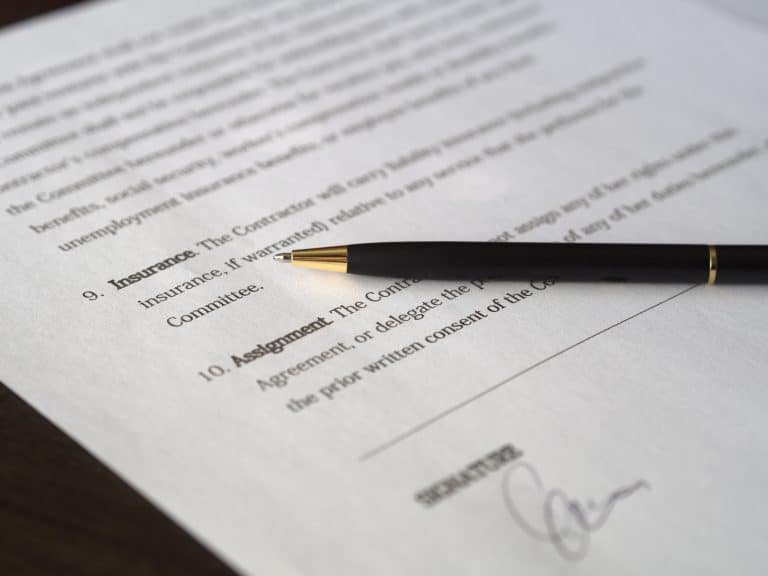Language development in South Africa: The Constitution guarantees 50%; communities carry the other half
The recent judgment in the Unisa case allows for two observations. The first one is that despite everything there is still hope for the continuation of Afrikaans at academic level in the public university sector, especially if distance teaching continues to grow; a growth which was stimulated by the so-called “new normal” caused by pandemic conditions. This hope sprouts from the Constitutional Court’s commitment, by way of this judgment, to a society which is multilingual in a significant way; a way that goes beyond mere symbolic gestures, multilingualism as a hobby or hegemonic usage of English. May this hope also introduce the end of the fallacy that inclusivity can be reached through a process of anglicisation. At literally every single institution where Afrikaans has been abolished, the result is not transformative multilingualism, but rather monolingual use of English, which has created an environment of cultural superiority by way of being or speaking English.
A second observation is that continued contestation by community-representative organisations, in this case AfriForum, can lead to huge successes for small and vulnerable language groups. It does illustrate that the constitutional obligations laid upon the state and government in respect of language can only be enforced when communities themselves roll up their sleeves.
The ethic of doing things yourself is after all what saved Afrikaans (specifically as used, developed and spoken by Afrikaners) from remaining a so-called “kitchen” language. In the process it was implemented in the public domain where it gained prestige. I am stating this without diminishing the other ethnic varieties of Afrikaans, which today are showing a new drive and institutional development.
The so-called Second Language Movement during the early 20th century gained much progress for Afrikaans by getting the language recognised as an official language of the Union of South Africa in 1925. The variety of Afrikaans, which was accorded official status at the time, was specifically the variety of Afrikaans as spoken by most Afrikaners; it was not representative of the varieties spoken by speakers of colour at the time, although the latter varieties undoubtedly influenced modern “Standard” Afrikaans – the standardised variety of Afrikaans. However, despite the absence of a Pan-Afrikaans approach to standardisation, numerous Afrikaans linguists, writers, poets, journalists and other thinkers did their utmost to expand the functions of Afrikaans as a public cultural and functional language, in order to give a voice to their communal experience and to enable grassroot-level intellectual development within an impoverished Afrikaner society. Prominent leaders such as the poet, playwright and polemicist NP van Wyk Louw and his liberal-nationalist disposition accentuated the importance of language as being a co-creation of the community as a whole rather than a mere individual medium of communication. Language indeed serves as the archive of the experiences of a community and thus is an essential manifestation of human dignity.
Today we owe a debt of gratitude to the efforts of Afrikaans thinkers from the early 20th century. To label the early Afrikaans literary and philosophical blossoming as a nasty conspiracy theory or a required precursor of the National Party’s ideology of apartheid, is narrow-minded, unfair and lacks nuance. It portrays the historical trauma, lived experiences, development and finally the existence of a certain population group in their entirety as evil. An argument which would denounce the whole history of the struggle as being evil because of the bomb planted in Church Street, would lose sight of the fact that the ANC has a proud early history of peaceful and principled protest. Unfortunately it has become fashionable among some contemporary thinkers, as becomes clear from this podcast, to pass off Standard Afrikaans as a “stolen” language; the elements of which it consists should ostensibly have been appropriated by nationalists in the 1920s – as if Afrikaans had not been spoken by Afrikaners for nearly two centuries preceding the granting of official status in 1925 (I address this form of historical disinformation in a short commentary on the said podcast, which can be found here).
It is quite possible that feelings of despair among numerous ordinary Afrikaners resulting from crime levels, the BEE model, incompetent government and other contemporary post-1994 crises have led to a despondent indifference and even defeatism in respect of Afrikaans cultural affairs. Fortunately, there still exist several organisations with varying political positioning and ideological stances which keep the fire burning for Afrikaans. However, it remains true that relatively few Afrikaans speakers and Afrikaners are active in keeping the Afrikaans pot boiling for the benefit of everyone who identifies as being Afrikaans, probably because of the aforementioned defeatism.
Afrikaans emigrants do not seem to take their own culture and language very seriously wherever they find themselves. The Afrikaanse Klub Australië is an exception, and stronger bonds should be cultivated with such initiatives to promote a global, extended identity of being Afrikaans. Afrikaans should claim its place on the world stage and should make itself essential to grow in a dynamic and informative way.
Year after year, semi-independent Afrikaans former Model C schools do extremely well, which aggravate Afrikaans haters such as Panyaza Lesufi. Model C schools must invest a lot of time and other resources to repel the attacks of greedy and corrupt education departments, which allows less resources for courageous steps to cherish knowledge of language and culture among youngsters. For Afrikaans to grow in a sustainable way and to encourage a sense of community among school children, we must invest blatantly in activities such as Afrikaans reading circles, informal debating societies and creative writing workshops for young people, as well as proactive encouragement of tertiary and technical/artisanal education through the medium of Afrikaans. Businesses and community initiatives should without hesitation reward young people who pursue their studies in a multilingual environment, especially in official South African languages other than English.
Without an enlightened community prestige being afforded to Afrikaans, young Afrikaans speakers and Afrikaners will wholesale choose English as their medium of instruction, mainly because of the scale benefits of using English because of its predominant position. As argued by my colleague Daniël Eloff in this Podlitiek video, the Afrikaans-speaking child should already be prepared at school level for an tertiary learning environment through the medium of Afrikaans; not only to qualify for their chosen profession or occupation, but also to show that tertiary-level knowledge offers an opportunity to give something back to the community that made your educational success possible in the first place.
In conclusion: Afrikaners and other Afrikaans-speakers are in the lukewarm position where they are successful from the point of view of doing things for themselves, but where those truly rolling up their sleeves are few and far between. To encourage sustainable growth, we must use schools and universities in particular as laboratories where Afrikaans as a public higher-function language can be already established during the training phase. It is a fact that the state and government will have to be forced often, and maybe in ever-growing measure, to provide their 50% contribution to Afrikaans. The Afrikaans community itself will have to take responsibility to provide the remaining 50 percent from their side. In such a way the result of English predominance will be managed, and no institution will be able to point a finger to Afrikaans-speakers and claim that the Afrikaans community itself is barely interested in the Afrikaans language.
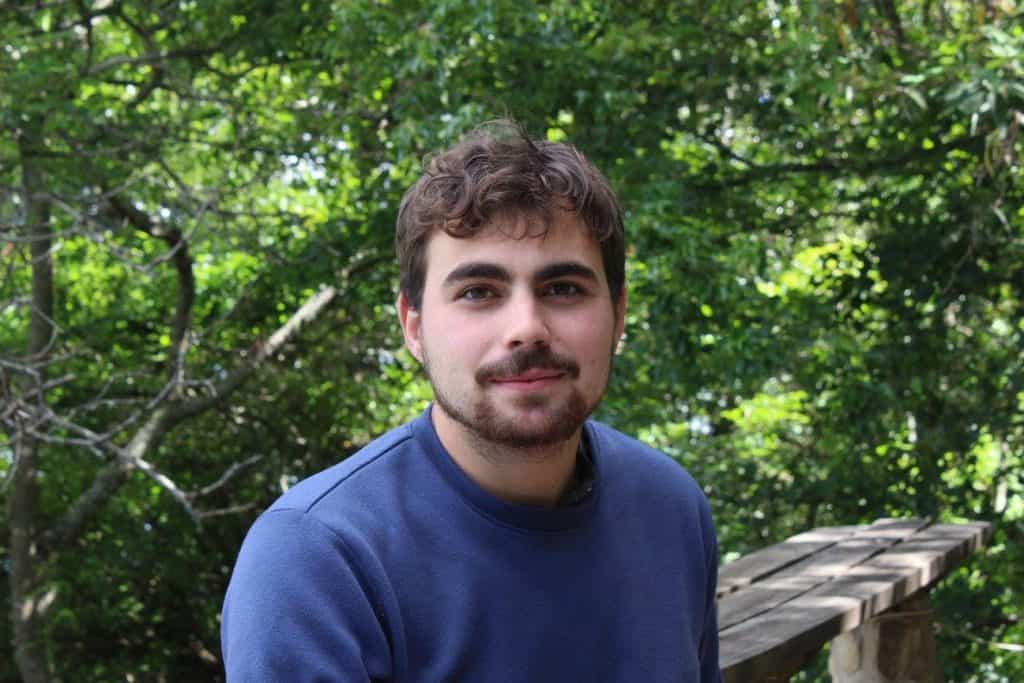
Frederik Rudolph van Dyk
Frederik is a legal researcher at the SA Chair for Business Law and a Board Member of StudentePlein NGO.
